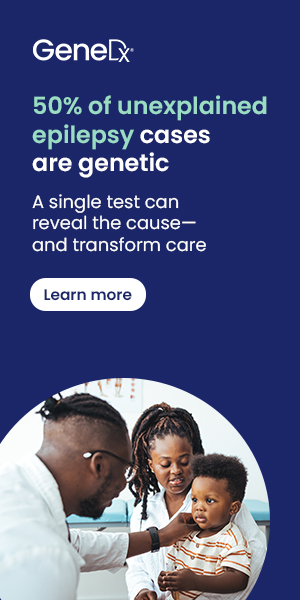Jai Radhakrishnan, MD, Nephrologist and Professor at Columbia University Medical Center, discusses diagnosis and treatment of IgA nephropathy (IgAN).
IgAN is an autoimmune kidney disorder characterized by the settling of IgA protein in the kidneys. In most instances, the cause of this condition is unknown; however, certain disorders have been linked with IgAN, such as cirrhosis of the liver, celiac disease, and HIV infection. Familial IgAN is linked to genetic material on the long arm of chromosome 6.
In the early stages, IgAN has no symptoms making diagnosis difficult. The first sign of this condition may be blood in the urine and the condition can result in end-stage kidney disease. Up to 50% of patients with IgAN with persistent proteinuria progress to kidney failure within 10 to 20 years of diagnosis. Due to the severity of late-stage IgAN, early diagnosis is crucial in effectively treating and managing patients.
Within the last year, the U.S. Food and Drug Administration (FDA) has approved two treatments for this indication; Fabhalta (iptacopan) and Vanrafia (atrasentan). Iptacopan is an oral factor B inhibitor that selectively blocks the alternative pathway of the complement system while Atrasentan is a selective endothelin A receptor antagonist designed to reduce proteinuria.
The introduction of these novel treatments indicates a growing therapeutic landscape and the need for further education of the diagnosis and treatment of IgAN. The heterogeneity of the disease requires personalized treatment plans and effective communication between patients and physicians (i.e., understanding the need for frequent testing and strict following of diet, exercise, and treatment plan).
Dr. Radhakrishnan also emphasizes the importance of participation in clinical trials in the development and approval of new treatments. He notes that the more patients participate, the more knowledge can be learned and effective management options can be developed and implemented, changing the landscape of the disease.
To learn more about IgAN and other rare kidney diseases, visit https://checkrare.com/diseases/kidney-and-urinary-diseases/

